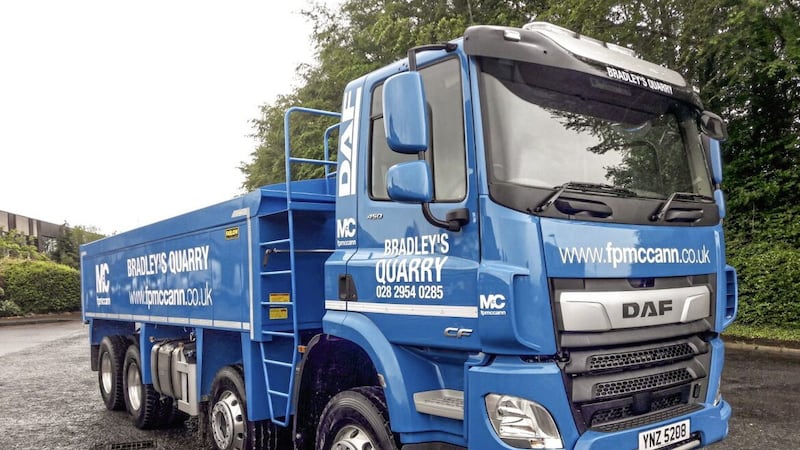GROWTH plans are being put on hold and already low productivity levels are being further diminished. That's the impact of the new Apprenticeship Levy according to many Northern Ireland businesses subject to the measure.
Yet that is the exact opposite of what the measure was designed to do, and those who pay the levy (those with an annual wage bill of more than £3 million) are continuing to ask questions about the return benefits for local companies.
Elsewhere in the UK, businesses can claim the money back through government vouchers to be spent on courses for their apprentices.
But this is not the case in Northern Ireland. Local employers can access funding for apprentices but this is done through the already existing Apprenticeships NI programme or from Higher Level Apprenticeships.
Although money from the levy is currently only being distributed throughout England, Scotland and Wales, there is no additional funding for Northern Ireland to be obtained through the Barnett formula, because it is a reserved matter.
The issue is compounded for firms in the construction sector that are additionally required to pay a levy to fund the Construction Industry Training Board.
The Apprenticeship Levy was set up with the aim of creating three million apprenticeships by 2020 in both the public and private sectors, but it is certainly not without its critics.
In October, the British Retail Consortium pointed to a 61 per cent drop in new starters since the measure was introduced as proof it was not fit for purpose.
Money gathered through the levy has also been used to fund some unlikely programmes, such as a well-publicised case of investment management firm Charles Stanley paying for a senior employee to complete a Masters in Business Administration (MBA).
Reportedly not an isolated incident, the manager in question is said to be one of 61 students out of a class of 67 on the part-time executive MBA course at Cranfield University’s School of Management, whose places are funded by levy money.
The example shows the degree of flexibility offered to companies in Britain in how they allocate the funding.
Anecdotally, many of our members are telling us of a growing recruitment problem especially in sectors which rely heavily on EU workers born outside the UK with fewer and fewer seeking jobs locally.
As the date for the UK to leave the EU draws nearer, the expectations are that the availability of workers from the European labour market will continue to diminish.
It presents a huge problem, but also a massive opportunity to retrain and upskill our existing workforce while also providing an avenue into sustainable employment for those currently out of work or preparing to leave school or higher education.
Additional money to pay for training in Northern Ireland would go a long way to addressing these issues, raising skill levels across the economy and tackling the productivity gap in all sectors.
It would also provide a welcome boost to our universities, colleges and other training providers.
Focusing on upskilling workers at all levels including the economically inactive would also help achieve Programme for Government targets by increasing economic opportunities for our most deprived communities and address social inclusion.
Business leaders listened with interest as since-departed First Secretary of State Damien Green, speaking at a reception in Belfast in the autumn, agreed to look into the issue of how the Apprenticeship Levy is being applied and money from the scheme distributed, particularly in relation to Northern Ireland.
As we draw near to a full year since the measure was introduced, greater clarity on how it can benefit local businesses is required, or firms will continue to view it as an additional unwarranted tax.
:: Kirsty McManus is IoD Northern Ireland national director







